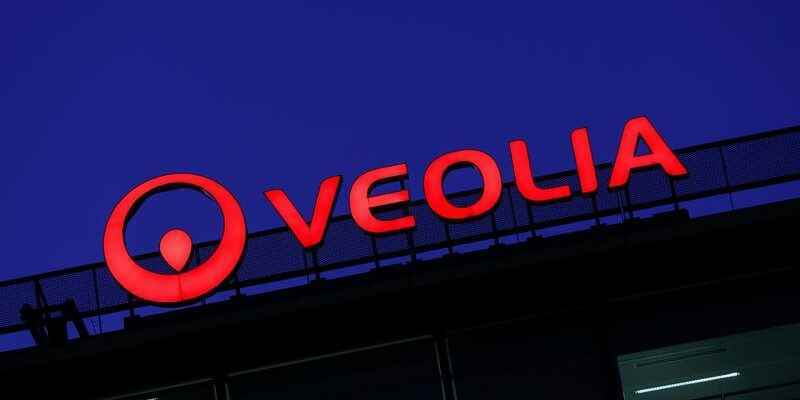PARIS (Reuters) – Veolia announced on Monday an agreement to sell Suez’s UK waste business Macquarie for 2.4 billion euros, a deal that should enable it to address the main concerns expressed by the British competition authority (CMA) in connection with the takeover of Suez.
The French specialist in water, waste and energy management specified in a press release that the sale proceeds showed a multiple of 16.9 times normalized 2021 EBITDA, i.e. a level significantly higher than the price. acquisition resulting from the price of the takeover bid on its former historic rival Suez, finalized in early 2022.
The completion of the agreement announced Monday, which results in a unilateral promise to purchase from Macquarie Asset Management, is expected by the end of the year.
It remains subject to its approval by the CMA as well as the lifting of the “right of first refusal” granted by Veolia to the “new Suez”, formed following the merger of the two groups and owned by a consortium composed in particular of Meridiam and GIP.
At the end of 2021, London announced the opening of an in-depth investigation into the impact in Great Britain of the proposed merger between Suez and Veolia.
The CMA estimated in December that the merger of the two groups was likely to lead to a loss of competition in the market for water supply and waste management in Great Britain and therefore increase the financial burden for the municipalities.
Estelle Brachlianoff, CEO of Veolia, specified during a conference call that the group should still sell a small activity, in the water sector for industrialists, representing a turnover of around 10 or 20 million euros.
Veolia will have carried out a total of approximately 3.4 billion euros in disposals to respond to competition concerns in the context of its merger with Suez.
The group stressed that all of these disposals, and in particular the sale of Suez’s waste activities in the United Kingdom, would enable it to reduce its debt leverage to significantly below three times and therefore to finance its growth on “high value-added markets”.
Estelle Brachlianoff specified that Veolia could thus invest more in the reuse of wastewater, water treatment technologies, local energy or the circular economy and recycling, mainly in Europe and the United States.
(Report Benjamin Mallet and Myriam Rivet, told by Kate Entringer)
